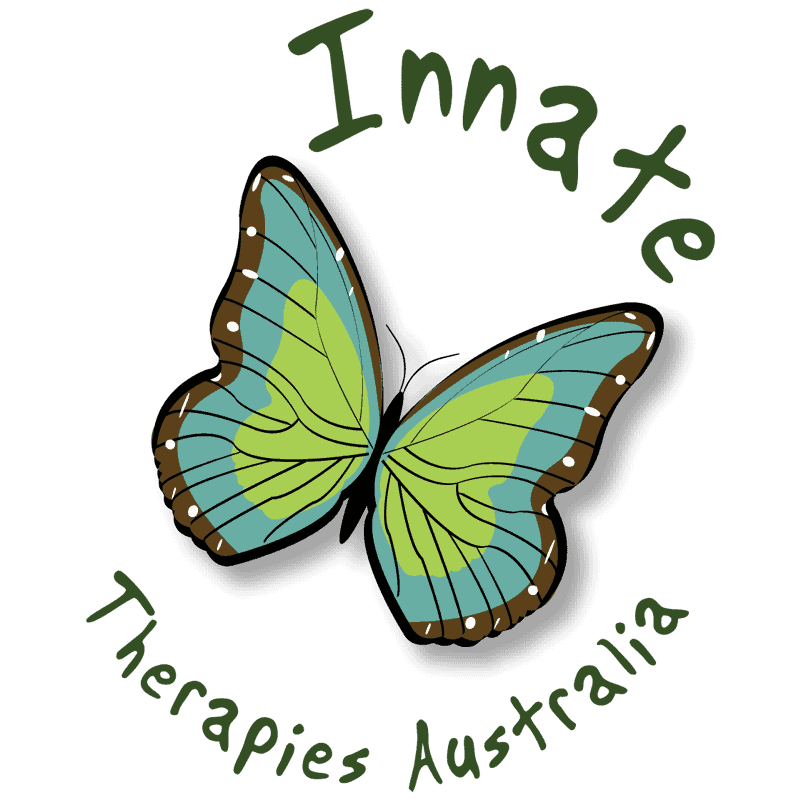What is Tourette Syndrome?
Tourette Syndrome (TS) is a complex neurological disorder characterised by repetitive, involuntary movements and vocalisations known as tics. Named after Dr. Georges Gilles de la Tourette, the French neurologist who first described the condition in the 19th century, TS typically begins in childhood and varies in severity and expression.
Tourette Syndrome is a chronic neurological disorder that often manifests in early childhood, typically between the ages of 5 and 10. It is characterised by motor and vocal tics, which are sudden, rapid, recurrent, non-rhythmic movements or sounds. The exact cause of TS is not fully understood, but it is believed to involve abnormalities in certain brain regions, neurotransmitters, and genetic factors. Although there is no cure for TS, many individuals experience a reduction in symptoms with age.
Diagnosis and Prevalence
Diagnosing TS involves a comprehensive clinical evaluation, including a detailed medical history and observation of tics. The Diagnostic and Statistical Manual of Mental Disorders (DSM-5) criteria require the presence of both multiple motor tics and at least one vocal tic for a diagnosis of TS. These tics must persist for more than a year, with onset before the age of 18.
Tourette Syndrome affects approximately 1 in 160 children and can occur in all ethnic groups and both sexes, although it is more common in males.
Comorbid Conditions
Many individuals with Tourette Syndrome also have comorbid conditions, which are additional disorders or symptoms that occur alongside TS. Understanding these comorbidities is crucial for comprehensive management and support.
Attention-Deficit/Hyperactivity Disorder (ADHD): A significant number of individuals with TS also have ADHD, characterized by inattention, hyperactivity, and impulsivity. ADHD can exacerbate the challenges faced by individuals with TS, affecting academic performance and social interactions.
Obsessive-Compulsive Disorder (OCD): OCD is another prevalent comorbid condition, involving unwanted repetitive thoughts (obsessions) and behaviors (compulsions). These compulsions can be time-consuming and distressing, further impacting the individual’s daily life.
Anxiety Disorders: Generalized anxiety disorder, social anxiety, and panic disorder are frequently observed in individuals with TS. Anxiety can worsen tics and contribute to the overall burden of the condition.
Learning Disabilities: Some children with TS may experience difficulties with learning, affecting their academic performance. These challenges may be related to attention deficits, processing speed, or other cognitive factors.
Sleep Disorders: Sleep disturbances, including insomnia and restless leg syndrome, are common among individuals with TS. Poor sleep can exacerbate tics and contribute to daytime fatigue and cognitive difficulties.

What are Tics?
Tics are the hallmark of Tourette Syndrome. They are involuntary, sudden, and repetitive movements or sounds that can vary in frequency, intensity, and complexity. Tics are classified into two main categories: motor tics and vocal tics.
Nature of Tics
Tics often fluctuate in frequency and severity and can be influenced by various factors such as stress, excitement, fatigue, or illness. Individuals with TS may experience a premonitory urge, a sensation that precedes the tic, which can create discomfort until the tic is performed. Although tics are involuntary, some individuals can temporarily suppress them, which can be exhausting and lead to a rebound increase in tic frequency once suppression efforts cease.
Types of Tics
– Motor Tics:
Simple Motor Tics: These involve brief, repetitive movements such as blinking, shoulder shrugging, or facial grimacing. They are typically quick and involve only a few muscle groups.
Complex Motor Tics: These are more coordinated and involve multiple muscle groups. Examples include hopping, twirling, or touching objects. Complex motor tics can appear purposeful, although they are involuntary.
– Vocal Tics:
Simple Vocal Tics: These include sounds like throat clearing, grunting, or sniffing. They are typically short and repetitive.
Complex Vocal Tics: These involve more complex utterances, including repeating words or phrases (echolalia) or using inappropriate language (coprolalia), though the latter is relatively rare. Complex vocal tics can be more socially disruptive and challenging to manage.
Different Presentations and Information about Tics and Tourette Syndrome
Tourette Syndrome presents differently in each individual. The severity, frequency, and type of tics can vary widely.
Some people have small tics that don’t impact their daily lives much. Others have big tics that make it difficult to interact with others. These big tics also make it hard to do well in school and enjoy life.
Variability in Symptoms
Tics often wax and wane, with periods of increased tic activity followed by times of relative calm. Stress, anxiety, excitement, and fatigue can exacerbate tics, while focused activities and relaxation can sometimes reduce their frequency. The variability of symptoms can make TS unpredictable and challenging to manage.
Developmental Course
The onset of tics typically occurs between ages 5 and 7, with the peak severity around ages 10 to 12. Many individuals experience a reduction in tics during adolescence, and in some cases, tics may diminish significantly or even disappear in adulthood. However, some individuals continue to experience tics throughout their lives.
The Impact of Tourette Syndrome on the Individual
Living with Tourette Syndrome can present numerous challenges. The physical and vocal tics can lead to social stigma, bullying, and misunderstanding from peers and adults. Individuals with TS may feel self-conscious or embarrassed, which can result in social withdrawal and isolation.
Social and Emotional Impact
The social impact of TS can be profound. Children with TS may be teased or bullied, leading to decreased self-esteem and increased anxiety. Social isolation can occur if peers do not understand the condition or are intolerant of the tics. Supportive friendships and understanding environments are crucial for mitigating these negative effects.
Academic and Occupational Challenges
Academic performance can be affected, particularly if comorbid conditions like ADHD or learning disabilities are present. The need to manage tics in a classroom setting can be distracting and exhausting, impacting the individual’s ability to focus and learn effectively. Accommodations such as extended test times, breaks, and a quiet place to release tics can help.
In adulthood, TS can impact employment opportunities and job performance. Understanding and supportive work environments are essential for individuals with TS to thrive in their careers.
Coping Strategies and Support
Despite these challenges, many individuals with TS lead successful and fulfilling lives. Early diagnosis, appropriate medical and psychological support, and a supportive environment are crucial in helping individuals manage their symptoms and improve their quality of life. Behavioural therapies, such as Comprehensive Behavioral Intervention for Tics (CBIT), can be effective in reducing tic severity. Medications may also be prescribed to manage tics and comorbid conditions.
Family support, educational accommodations, and peer education can significantly improve the quality of life for individuals with TS. Encouraging open communication and fostering an inclusive environment are essential steps in supporting those affected by the disorder.
Tourette Syndrome is a complex neurological disorder that requires a multifaceted approach to understand and manage. Increased awareness and education about Tourette Syndrome are vital in promoting empathy, reducing stigma, and enhancing the quality of life for those affected.
Through understanding and support, individuals with TS can lead fulfilling and successful lives, contributing their unique strengths to society.
At Innate Therapies we ask our therapists to complete training in this specific field so we are up to date with the options to assist you.

